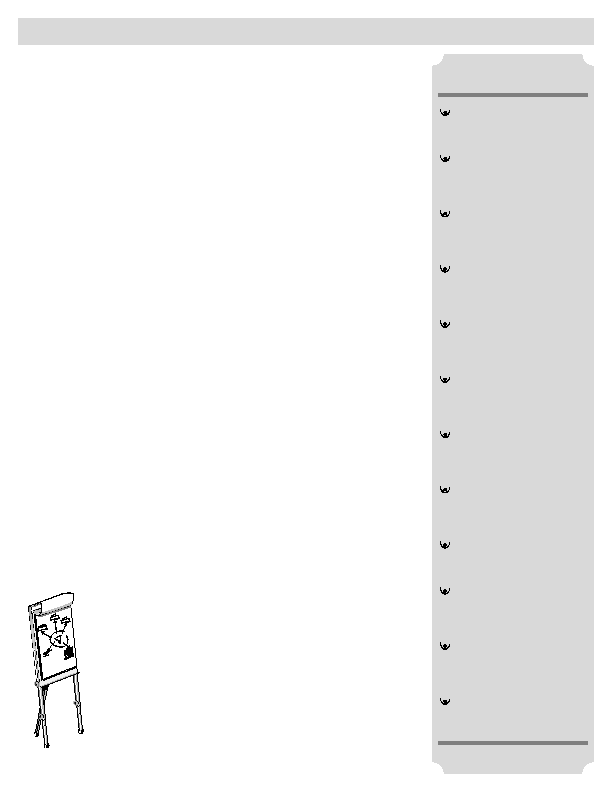
experienced by those with late effects of polio. If you are experiencing problems
with sleepiness in the morning, headaches, congestion, or simply not feeling well,
proper respiratory tests may be necessary. As some health professionals are not tuned
into the issues of PPS, you may need to ask for other tests, or to seek other health
professionals. In some instances, the results of a test may be misinterpreted, and a
prescribed treatment could make the situation worse.
• Bulbar muscles (speech and swallowing—swallowing of liquids may be especially
of breath –with exertion, at rest and/or positional; 2) noisy breathing—wheezing or
choking; 3) sleepiness or non-restorative sleep –snoring, morning headaches, fatigue,
inability to concentrate adequately, sleep apnea. An evaluation should include a
medical exam, pulmonary function tests, sleep studies, oximetry (where percentage
of hemoglobin carrying oxygen is measured, with ideal levels at 95%-97%), tests for
blood gases, and other possible tests, such as spinal x-rays and laryngoscopy.
swallowing, or even certain deep breathing exercises. The next step might be the use
of continuous positive airway pressure (C-PAP) machines, or BiPAP machines which
apply lower pressure during exhaling. If carbon dioxide levels are very high, a BiPap
machine may be more effective. He recommends to start using either machine very
slowly, with lower pressure, perhaps even in daytime for an hour or two to get adjusted
to its use. Also, cough assist machines help simulate the physiologic mechanism of
cough, and will help if phlegm is accumulating in the lungs.
to function as well as possible. He recommends that we take good care
of ourselves by exercising regularly (to the level of our own abilities),
avoiding overweight, getting suf? cient rest, avoiding smoking,
avoiding people with colds whenever possible, getting annual ? u
shots, and getting pneumonia shots. (The requirements have changed
regarding pneumonia shots---if you had a shot when you were under
65, then you should get another one after age 65, OR if you have one
after 65, then it should be OK for life---check with your own doctor
for his/her recommendations and the period of time to wait before a
second shot if your ? rst one was before age 65).
rlrcno@gwi.net
bclark38@aol.com
cook1673@roadrunner.com
abcrocker@roadrunner.com
brotherignatiusosb@earthlink.net
rlindqui1@maine.rr.com
ljmorin1@verizon.net
nstambach@suscom-maine.net
mothersmoo@localnet.com